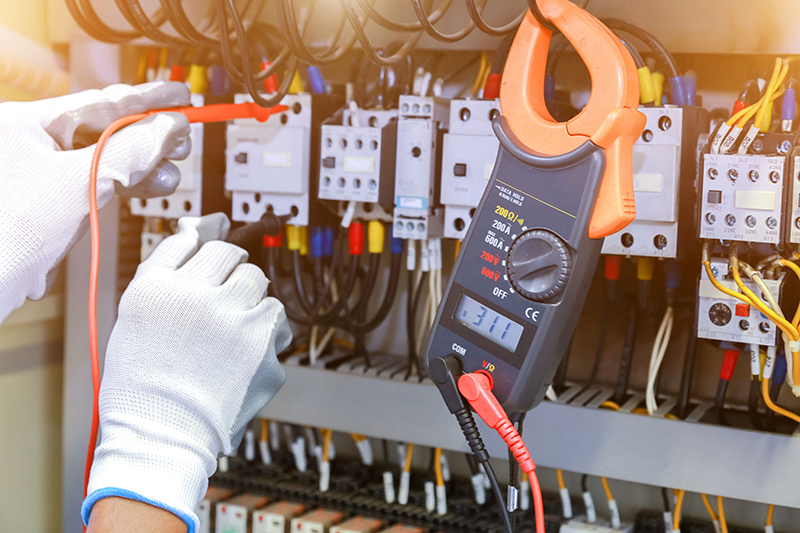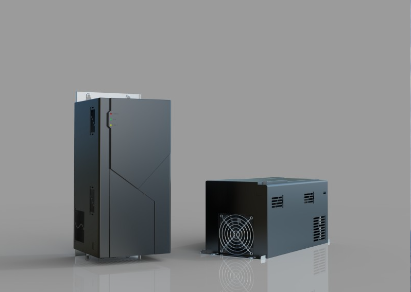
A voltage converter 12/220 usually refers to a device that can convert 12 volts direct current (DC) to 220 volts alternating current (AC). This converter is also called an inverter. Its main function is to convert low-voltage direct current (usually from a car battery, solar cell or other DC power source) into high-voltage alternating current to supply electrical equipment that requires 220 volts of AC.
What are the working principles of voltage converters?
DC-AC conversion: First, the inverter converts 12 volts direct current into low-voltage alternating current, which is usually achieved through a high-frequency switching circuit.
Boosting: Next, the low-voltage alternating current is increased to 220 volts alternating current through a voltage transformer.
Shaping: Finally, through filtering and shaping circuits, a 220-volt alternating current close to a sine wave is generated to meet the requirements of most electrical equipment.
What are the things we need to pay attention to when using an inverter?
- Power limit: The inverter has a power output limit, and the appropriate model needs to be selected according to the power requirements of the device to be driven. For example, if the power of the appliance is 500W, the rated power of the inverter should be greater than 500W.
- Battery capacity: When using an inverter, the capacity and performance of the battery are very important. The battery needs to have enough power and discharge capacity to support the inverter and the connected appliances.
- Efficiency and heat dissipation: The efficiency of the inverter is usually between 80%-95%, and part of the energy will be dissipated as heat, so a good heat dissipation design is required to prevent overheating.
What are the applications of power inverters?
- 1. Automotive and outdoor applications: In vehicle systems, 12V/220V inverters can convert 12V DC power provided by car batteries into 220V AC power to power laptops, mobile phone chargers, small appliances and other devices, which is very suitable for camping, outdoor activities or emergency use.
- 2. Solar power generation system: In solar power systems, solar panels usually output DC power, while household electricity is usually AC power. Through 12V/220V inverters, the 12V DC power stored in the battery can be converted into household 220V AC power for household appliances.
- 3. Emergency power supply: In places where there is a power outage or no power grid, 12V/220V inverters can be used in combination with batteries to provide temporary 220V AC power to maintain basic power needs.
Overall, the 12V/220V voltage converter is a very practical device, especially in portable power and emergency power applications.

